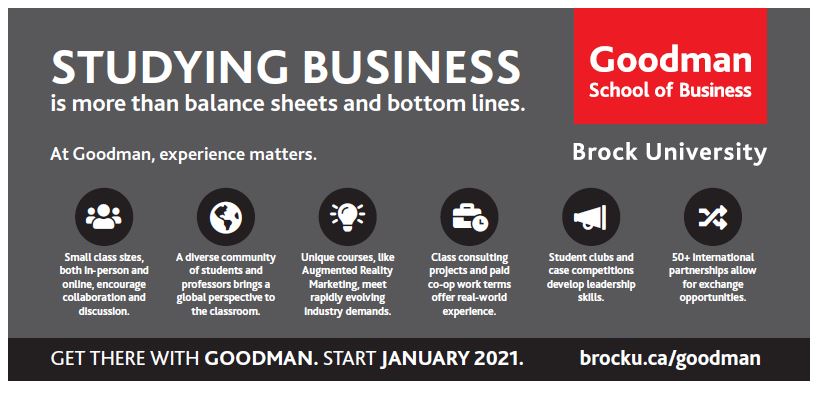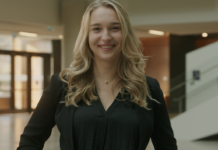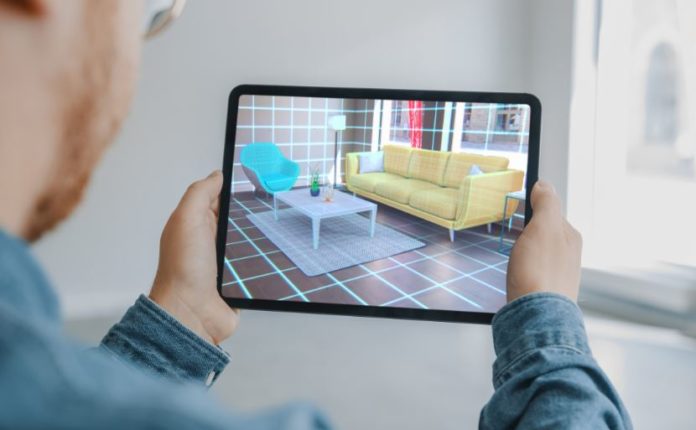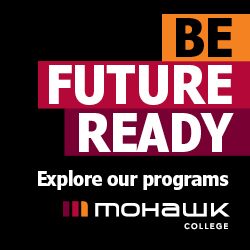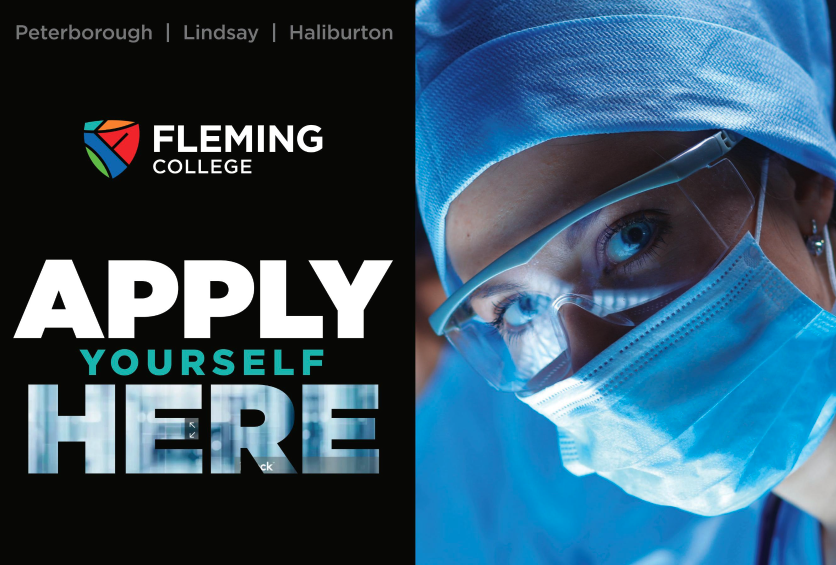Brock University’s new augmented reality (AR) marketing course has been internationally recognized.
The one-of-a-kind course offered by the Goodman School of Business recently placed first in the 2020 Innovation in Business Education Award competition by the MidAmerican Business Deans Association.
“The Goodman School of Business is the first and only business school to offer an entire course dedicated to the strategic marketing opportunities of augmented reality (AR),” said Assistant Professor of Marketing Joachim Scholz, who created and teaches Brock’s AR Marketing course. “Students who complete the course will have knowledge and experience driving creative and strategic ideation for a professionally implemented, real-world AR marketing campaign.”
In contrast to virtual reality technology, where everything a user sees is a virtual environment, AR augments a consumer’s physical environment with digital components. For example, consumers might use their phones to visualize how a sofa might look in their living room. The sofa is digital, but everything else is real.
In the AR Marketing course, students explore strategies on how AR can be successfully used to build brands, create customer experiences, and design advertising campaigns that maximize customer engagement and influence purchasing decisions.
The course adopts a virtual agency model to complement and deepen Brock University’s strong focus on experiential education.
A current trend in the marketing services industry, virtual agencies bring together several specialized agencies and external freelancers to collaborate with each other to fulfil a client project.
It allows agencies to be nimble and avoid the large rosters of permanent staff that are usually found in full-service marketing agencies.
For the AR Marketing course, students take on the role of strategic planners and the creative team within a virtual agency, whereas the execution of students’ strategies is completed by a specialized AR development studio on a pro bono basis.
Consultants from a professional creative agency help students conceive campaigns for the client and a pitch consultant from a professional marketing agency helps students communicate their strategy proposals in the most effective way.
“It’s an updated version of experiential education that increases the course’s realism and impact,” said David DiPietro, Senior Experiential Education Coordinator, who worked with Scholz on the design of the AR Marketing course. “Students develop their strategic thinking, creativity and problem solving skills by taking on a variety of senior marketing agency roles and by consulting with industry experts to bring the AR Marketing project to life.”
This is not the first year the Goodman School of Business has placed in the Innovation in Business Education Award competition. Last year, Goodman’s Internet and Social Media Marketing course led by Professor Kai-Yu Wang was awarded third place.
By Jocelyn Titone
